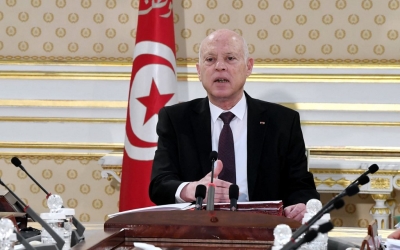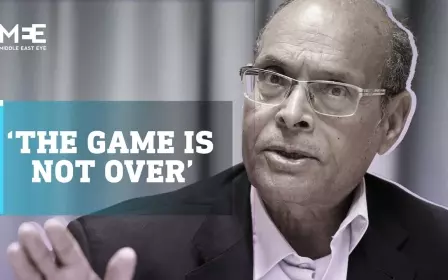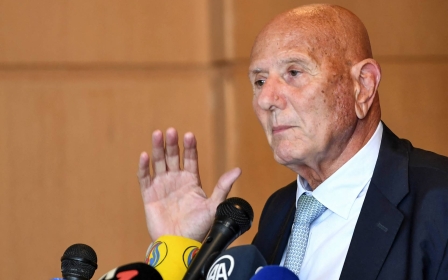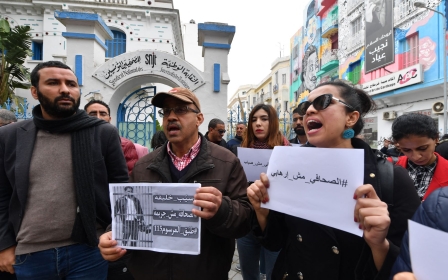Tunisia: President Saied opposes presence of foreign observers in upcoming elections
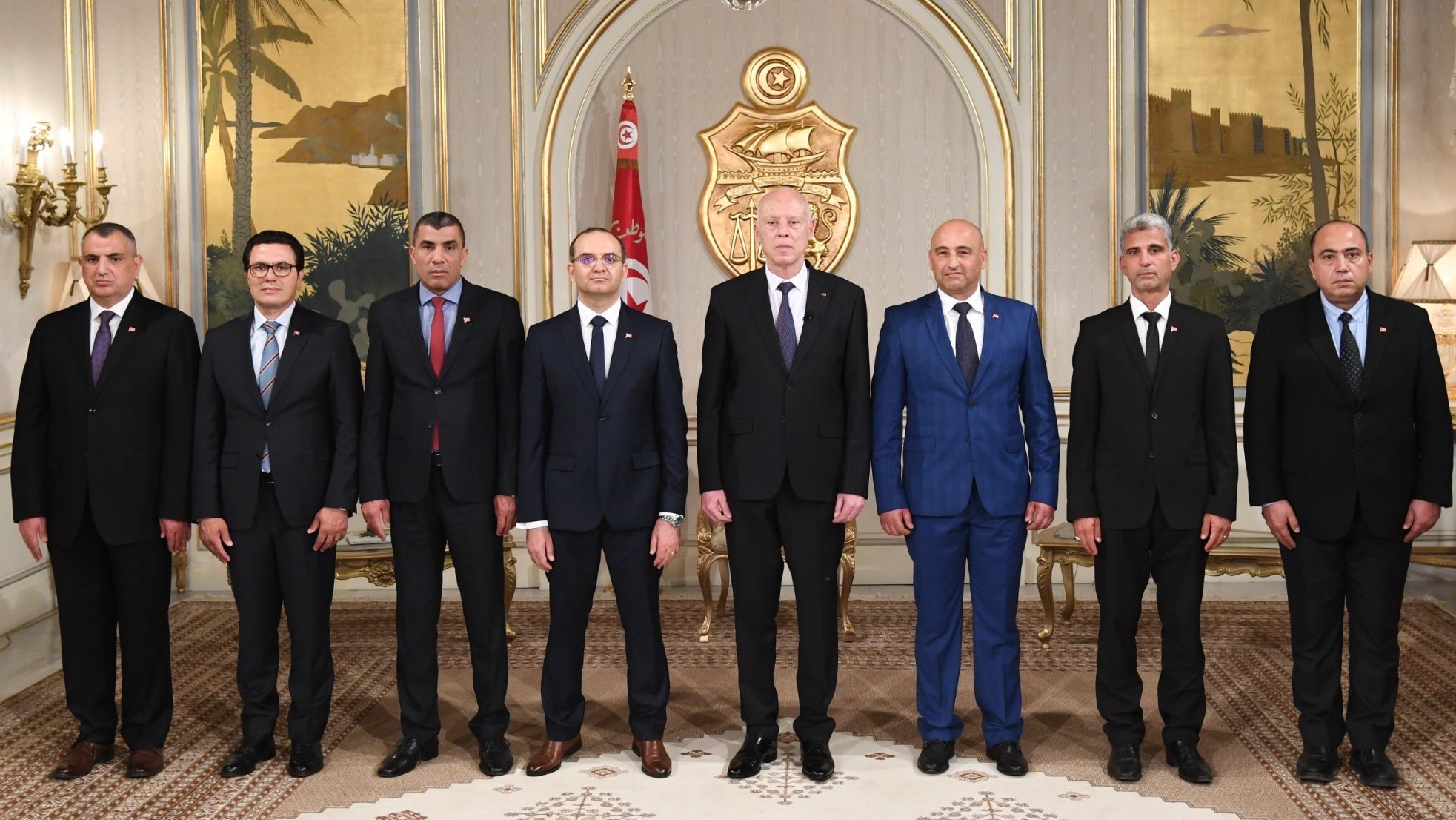
Tunisian President Kais Saied has suggested he will not accept the presence of foreign election observers in his country for votes planned for later this year to change the political system.
"They proposed sending observers. Why? We are not an occupied country," said Saied on Thursday, referring to foreign democracies that have previously provided observers to guarantee the credibility of Tunisian elections.
'They proposed sending observers. Why? We are not an occupied country'
- Tunisian President Kais Saied
Saied was speaking at a ceremony to swear in new members of the electoral commission after he unilaterally replaced the previous commission, whose head had questioned the validity of a referendum called outside the rules of the 2014 constitution.
Tunisia has been widely praised for the fairness of its elections since the 2011 revolution that toppled longtime autocrat Zine el-Abidine Ben Ali and introduced democracy.
The last elections in 2019 saw the return of Saied as president in a second-round landslide.
New MEE newsletter: Jerusalem Dispatch
Sign up to get the latest insights and analysis on Israel-Palestine, alongside Turkey Unpacked and other MEE newsletters
Tunisians are set to vote on constitutional reforms on 25 July and elect a new parliament on 17 December, with critics saying Saied wants to create a tame electoral commission ahead of those ballots.
His moves initially won widespread support from Tunisians fed up with the crisis-gripped political system, but his opponents accuse him of trying to restore autocracy in the North African country.
The United States has expressed "deep concerns" over the Tunisian president's decision to restructure the election authority in the country.
Returning to authoritarian rule
Saied has been consolidating his one-man rule since seizing executive power last summer and dissolving the parliament to rule by decree, in moves his foes call a coup.
In recent weeks, the 64-year old has taken control of the electoral commission, replaced the top judicial body and threatened to restrict civil society groups, giving him almost total control.
On Monday, Saied appointed new members of the election commission, in a move critics say will entrench his one-man rule and cast doubt on the country's electoral integrity.
Last month, several Tunisian opposition parties announced the formation of a National Salvation Front to "save" the country from the deepening political crisis.
Saied, who asserts his actions have been legal, is rewriting the democratic constitution introduced after the 2011 revolution and says he will put it to a referendum in July.
He has said his actions were needed to save Tunisia from years of economic stagnation and political paralysis at the hands of a corrupt, self-serving elite.
Middle East Eye delivers independent and unrivalled coverage and analysis of the Middle East, North Africa and beyond. To learn more about republishing this content and the associated fees, please fill out this form. More about MEE can be found here.


